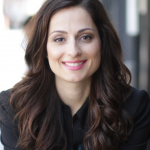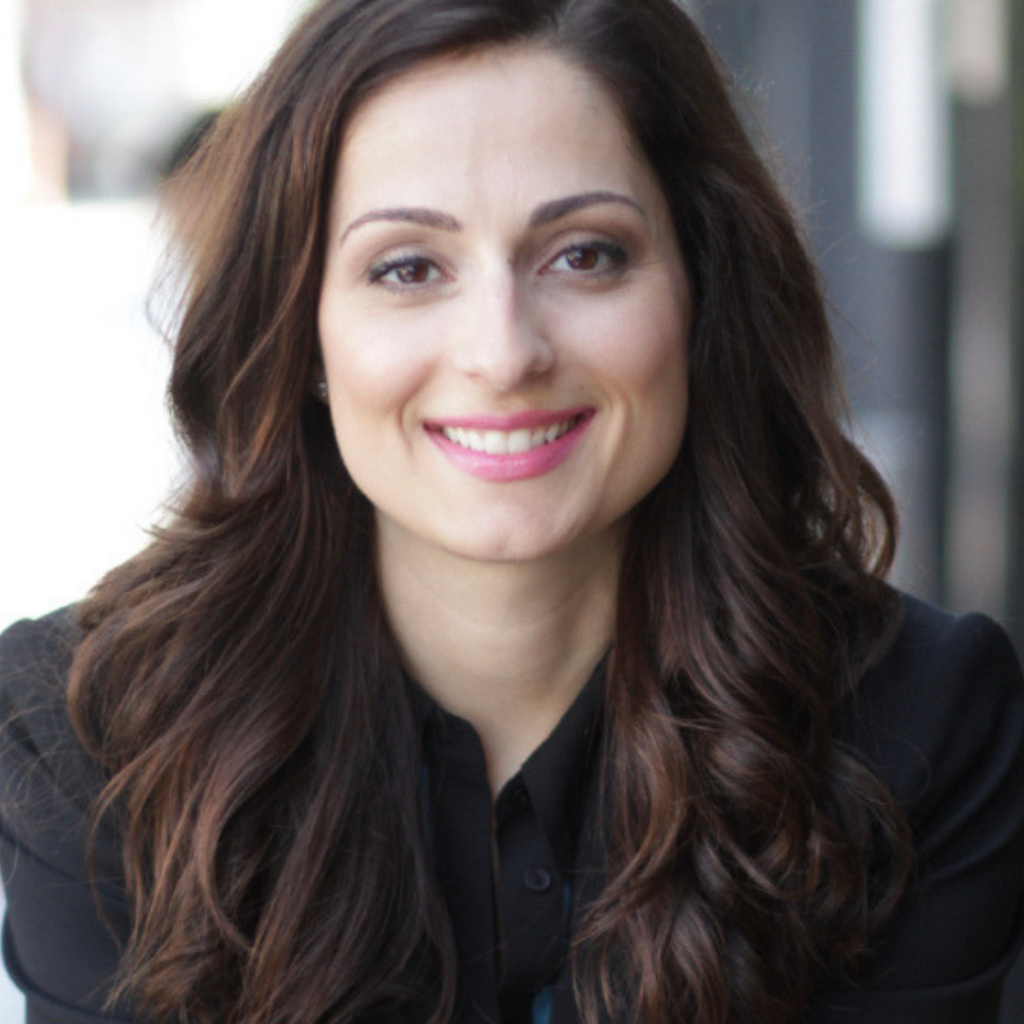EP. 65 “Whom you end up being in your financial life is not a coincidence. There is a lot of context for it. Maybe there were patterns you just didn’t see. Until you recognize that, you can’t really enhance or change the life that you have.”
Do you have money issues or money blocks? If so, you’re almost certainly not alone. Money is a topic that’s highly emotional and we all have our own individual conversations around it.
From fears around scarcity to concerns that you’re going to lose it all, money is a topic many of us struggle to talk about or feel in control of.
It’s why you’re in for a treat today.
That’s because in this episode, I’m interviewing the incredible Farnoosh Torabi – one of America’s leading finance experts. Over the years, Farnoosh has helped thousands of people master their money and use their wealth to live extraordinary lives.
Farnoosh is the real deal with a career that’s included everything 3 best-selling books and a primetime series on CNN, to regular columns in O and The Oprah Magazine . She also has an award-winning podcast – So Money – which has attracted millions of views along with world-renown guests such as Tony Robbins and Robert Kiyosaki.
So sit back, listen to a master, and discover the mindsets and strategies you need to take control of your money so you feel empowered to use it to create a live you love.

“
Wealth doesn’t have to be a mansion. It can just be moving your schedule around without financial consequence to do something you value a lot more
Money can be such an awkward topic of conversation, but with Farnoosh it just flows effortlessly.
She’s so fluent talking about all aspects of money that we were able to dive deep into some interesting angles and ideas.
For example, in this episode you’ll discover why the clues to your money blocks lie in your childhood experiences. Yup, it’s time to go down memory lane so you can discover your money context.
You’ll also discover the value of creating a ‘Financial Fortress’ as well as specific things you can do to change your mindset around money to make you feel more empowered.
Money won’t buy you happiness, but it does buy you choice. It’s a resource that creates opportunities, and gives you more autonomy and control over your life. It’s why money is a topic that deserves your attention – because regardless of where you are right now you can change how things will be in the future.
And this episode could well become the start point for an entirely new mindset and set of experiences around this powerful resource.
Can’t wait to hear what you take from this week’s conversation. Enjoy 🙂
“When you subscribe to the Stay Grounded Podcast, you help new people discover the show. And it means the podcast will automatically show up in your app of choice every time a new episode is released on Mondays.”

“
Can’t control other people's actions, but I can control my reaction to people.
Time Stamped Show Notes
[6:03] I start with a question that came up for me after reading Farnoosh’s story. Her parents immigrated to the United States many years ago and I wanted to know how being raised in an immigrant household, where there were different views about money, along with her relationship to her parents shaped her experience and relationship with money.
Farnoosh says that it was multifaceted. She was raised with a language around money, it was a part of the conversation and she knew that there was nothing to be afraid of. Her parents talked about money in front of her, the good and the bad. They brought her into the conversations around why they couldn’t afford certain things – introducing her to and sharing with her information about their financial realities. As a child, that also brought about experiences with shame, comparing her lack of certain economic status symbols to her peers. Farnoosh also speaks to the very proud relationship that her parents had with money – coming to the US with very little, working hard to earn more, and how that changed their lives.
[12:08] Farnoosh tells us a financial truth that she uncovered after writing her last book, When She Makes More. She realized she hadn’t been honest about her relationship with being the breadwinner. She had to own the fact that she is someone who appreciates and wants to hold that role. It’s who she is, who she wants to be, and where she feels the safest.
Growing up she realized, early on, that money equals opportunity, power, and control. While it doesn’t buy happiness, it can buy you opportunities that you may want and can give you agency to speak up or leave a bad situation
Farnoosh discovered that who we end up being in our financial life isn’t a coincidence.
There’s a lot of context for it and there were patterns that we need to identify because, until we recognize them, we can’t enhance or change the life we have.
[21:25] Farnoosh says we have to be very clear on how money is meant to serve us and what we want it to do in our lives. On a deeper level, we need to identify how we want to use money to bring about our fulfillment and what fulfillment means to us.
There will always be someone who makes more and someone with a new idea for us to “level up.” To navigate that course we need to be clear and disciplined on our definition of fulfillment and what it looks like outside of money: community, family, friends, experiences. After money, she says that time is our next most valued commodity, being able to preserve that can also dictate how much fo a role we allow money to play. Farnoosh defines true wealth as being in a position say no to an opportunity that doesn’t sit well or that comes at a cost to something else we value.
[29:58] – I talk to Farnoosh about some of my own personal worries and financial stressors. She says that it’s important to face that fear head on and to create a financial fortress around thoughts – essentially a savings account. Things sometimes happen outside of our control, what is your biggest fear and what’s the amount of money that you would need to navigate that struggle quickly and without stress? Make a list of your minimum living expenses (health insurance, rent, food etc) and then multiply that number by 12.
[31:54] Farnoosh says it’s important to recognize if we have a scarcity mindset around money and to understand why that is. She suggests an exercise that she got from her friend, James Altucher, for managing anxiety. The moment that you feel yourself having anxiety about your money, stop, and take a look at the last year. Think about the last time you felt that way and remember what happened. Did opportunities show up? Did you make ends meet? Think about that and remember that somehow you figured things out
[41:18] Farnoosh shines some light on the benefits of getting older – one of the best parts, for her, has been recognizing what is and isn’t worth stressing over. She says there’s a lot more in the “not worth” it category. When she was in her late 20s, the toxic and unpleasant actions of certain people in at her job started to take a toll on her work. She realized that she couldn’t control their actions, she could only control her reaction to them. It led her to caring less about the nonsense and realizing that their outbursts had nothing to do with her.
[48:42] Farnoosh’s husband keeps her very grounded. She says that he’s the Yin to her Yang. She describes him as her safe place – where she can be herself and talk about what’s going on with her, without judgement and with an understanding that he will be also be honest with her. He’s first person she wants to tell anything to.
Farnoosh Torabi








